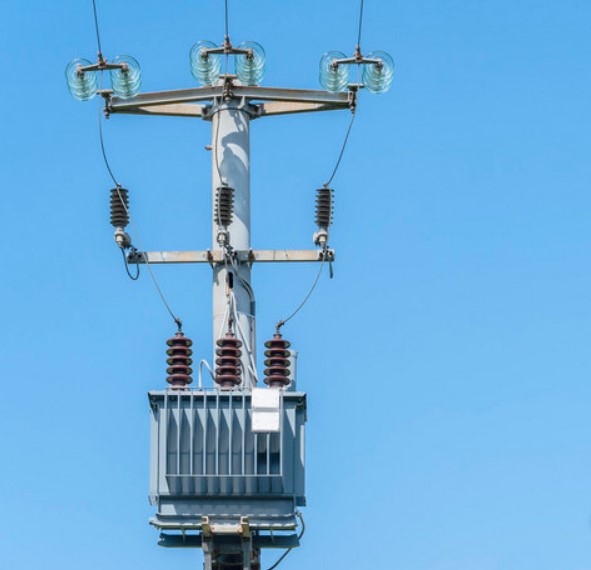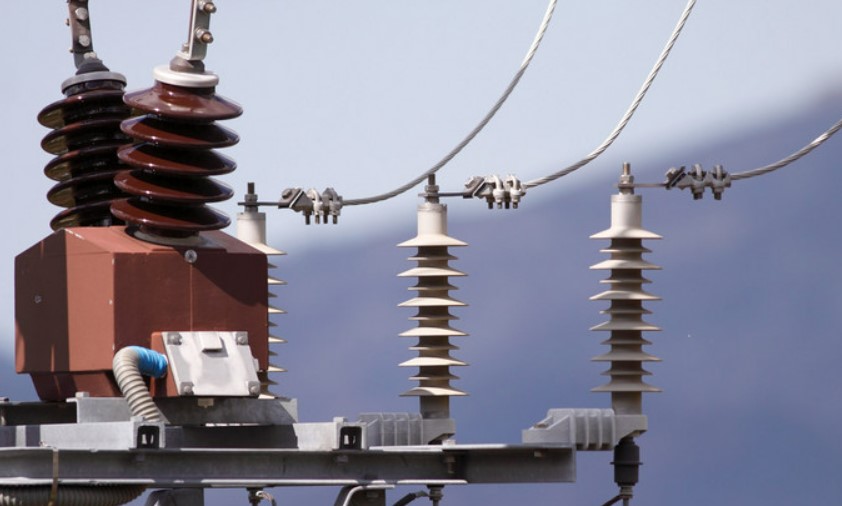Smart insulators are an innovative development in electrical engineering. They integrate advanced technology into traditional insulator designs. This integration enhances performance and safety. Smart insulators monitor electrical systems in real-time. They provide valuable data for maintenance and operation. Let’s explore their features, benefits, and future potential.
Understanding Smart Insulators
Smart insulators are equipped with sensors and communication devices. These components allow them to collect data on voltage, temperature, and environmental conditions. They can detect abnormalities, such as surges or potential failures. This capability enables proactive maintenance. Traditional insulators lack this functionality. They require manual inspection, which can be time-consuming and less effective.
Benefits of Smart Insulators
The primary benefit of smart insulators is enhanced reliability. By monitoring conditions continuously, they can identify issues before they escalate. This reduces the risk of outages and failures. It also lowers maintenance costs. Predictive maintenance can be scheduled based on data insights.
Another advantage is improved safety. Smart insulators can detect potential hazards, such as overheating. This allows for immediate action, preventing accidents. Safety is especially crucial in high-voltage environments. Smart technology helps protect both equipment and personnel.
Applications in Renewable Energy
Smart insulators are particularly beneficial in renewable energy systems. As the use of solar and wind energy increases, so does the complexity of electrical networks. Smart insulators help manage this complexity. They ensure optimal performance and efficiency in energy transmission.
In solar farms, smart insulators can monitor the health of the system. They can detect faults in real-time, ensuring quick responses. This capability minimizes downtime and maximizes energy production.
In wind energy, smart insulators protect turbine systems. They monitor conditions that could lead to failures. By addressing these issues early, they extend the lifespan of turbines.
Integration with Smart Grids
Smart insulators play a crucial role in the development of smart grids. Smart grids use digital technology to manage electricity flow efficiently. Smart insulators contribute by providing real-time data. This data helps in grid management and decision-making.
By integrating smart insulators into the grid, utilities can optimize energy distribution. They can respond quickly to changes in demand and supply. This enhances the overall stability of the grid.
Challenges and Considerations
Despite their advantages, smart insulators face challenges. The integration of technology increases complexity. There may be concerns about the reliability of electronic components. Additionally, the initial investment can be high. Utilities must consider the long-term benefits versus upfront costs.
Cybersecurity is another critical concern. Smart insulators connect to networks, making them potential targets for cyberattacks. Ensuring robust security measures is essential to protect data and infrastructure.
Future Trends in Smart Insulators
The future of smart insulators looks promising. Research is ongoing to develop more advanced materials and technologies. This includes improved sensors and communication systems. As technology advances, smart insulators will become more efficient and affordable.
Emerging technologies like artificial intelligence (AI) will enhance smart insulators. AI can analyze data trends and predict failures more accurately. This will further improve maintenance strategies.
Conclusion
Smart insulators represent a significant advancement in electrical systems. They enhance reliability, safety, and efficiency. Their integration into renewable energy and smart grids is crucial for the future of energy management. While challenges exist, the benefits outweigh the drawbacks. As technology continues to evolve, smart insulators will play an essential role in building a more sustainable and efficient energy future.



